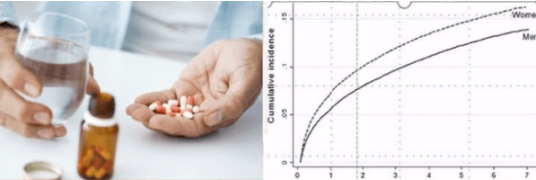
Over 100 million views
Supportive treatment for cancer – Deep Sleep Method

Over 100 million views
Supportive treatment for cancer – Deep Sleep Method

Disregarding physical conditions and lifestyle factors—especially for cancer patients enduring significant stress during the day—any claim that a method or product can improve deep sleep simply by using it 30 minutes before bedtime or while sleeping is false advertising. For cancer patients, approaches such as exercise, melatonin supplements, or aromatherapy could even be harmful.

Many promotions claim that listening to music, practicing yoga, or using aromatherapy before bed can easily help with sleep. However, for those struggling with chronic stress and anxiety, these methods do not address the root causes of deep sleep problems. For cancer patients, such methods may even cause harm.

Although products like pillows and mattresses marketed as sleep aids can enhance comfort, they do not fundamentally resolve deep sleep issues, especially for cancer patients.

While sleep medications can help people fall asleep quickly, this sleep is often shallow and does not allow the brain to achieve deep rest. Long-term use of such medications can also have negative health effects, particularly for cancer patients.Special Caution for Cancer Patients Cancer is a unique and serious condition. Being misled into relying on ineffective methods, combined with long-term stress, anxiety, and difficulty sleeping, can increase the risk of cancer-related death by 80%, particularly due to life-threatening episodes that may occur at night.

In 2024, a team of volunteer doctors from some of the world’s leading hospitals launched an innovative cancer adjunct therapy called the Deep Sleep Method. Specifically designed for cancer patients, this method complements traditional medical treatments by holistically addressing both physiological and psychological conditions. It aims to significantly alleviate stress, help patients release emotional burdens during the day, and maintain emotional stability, ultimately enabling cancer patients to achieve deep sleep and enhance their overall treatment outcomes. This approach can reduce cancer patients’ suffering by 60%, lower medical expenses by 60%, and improve treatment effectiveness by 80%.